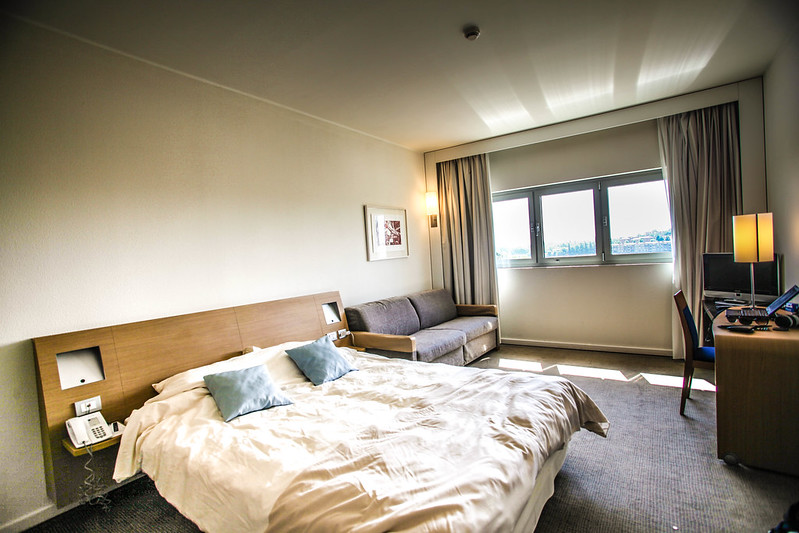
With travel restrictions in effect, and with some jobs being laid off, many are renting their homes out. Some opt to rent out their properties long-term while others do it as transient rental (30 days at most). With the advent of websites such as AirBnb, Rentals.com, HomeAway, OneFineStay, and Zumper, listing your property and being found by potential renters is as easy as 123.
Now before you jump into this kind of endeavor, you need to understand the responsibility involved – legally-speaking, you need registration, repairs, marketing, and tax-filing among others. So here are the things you should consider before renting out your property, for this post we will highlight Los Angeles.
Table of Contents
Laws and Legality
Fair housing laws cover the rights of landlords to reject a renter for negative references, poor behaviour, as hinted by previous landlords (not paying on time, disrupting neighbors, vandalism or purposeful damage and such).
Anti-Discrimination Laws
This same law however protects renters from being discriminated based on his or her religion, race, sex, nationality, marital status, or any mental/physical disability, among other preferences.

Rental Agreements on Paper
Any crucial information regarding rent and use of a property should be on paper, signed by tenant and landlord as an agreement on lease and regulations. This would include the amount of payment per month, the duration of stay, payment of utilities, and the responsibilities a landlord will shoulder in case there are untoward incidents. This will also include the rights, and restrictions a tenant has and should observe while renting the property.
Repair and Maintenance
As the property owner, you should always be on top of when managing repairs and seeing to it that the property is well-maintained. However, landlords in Los Angeles are required to give their tenants a notice of at least 24 hours before entering a rental property (yes, even if it’s owned by them) for making repairs. This is under tenant Privacy laws, and as the landlord you of course have the right to enter for maintenance. Make sure to include this in a clause on your landlord-tenant agreement.
Marketing
Whether you plan on renting your property for a short-time or for long-term, you need to put a description of what makes it appealing and list it down on the mentioned websites above. Do not oversell. A potential renter will have to make arrangements for a visit and if they see that your description doesn’t match the property, you lose a customer there and then.
Pricing
Before renting our your property, you need to figure out how much to rent your property – if you are renting the whole place out or just rooms. The first step is to determine the worth of your home in the market. There are online calculators that can give you accurate assessment of what your home or property is actually worth – determining it including factors as the condition of the home, other prices in the area and where the home is located.
The average cost of a studio rental in Los Angeles is $1,900, according to a research by Zumper, a dramatic 16% decrease compared to the previous year. The most affordable neighbourhoods according to the report are North Hills West at an average of $1,150 per month, and Mission Hills with an average of $1,350 a month.
As a landlord, increasing rent or evicting a tenant for not paying rent should be consulted first, check what rules you are required to follow in California when conducting such.

Financial Aspects
Making your home a source of income as a rental property may seem like a simple task, but do talk with real estate attorneys and accountants to make sure you are not breaking tax laws, zoning ordinances, and local property rules.
An attorney can also help landlord-tenant regulations and agreement mentioned above, which vary from state to state. Talk to lawyers who specialize in real estate around California. They will help you understand rules regarding rental properties. You can also hire them to make or draft the lease, one that follows local laws.
An accountant of financial person, on the other hand, will help you regarding the tax involved in renting properties – both what you have to pay and what you can deduct.
Renting Out Your Property Key Points
Turning your home into a rental property will ensure you extra income in this trying times. However, you need to know, understand, and abide by the law when conducting such a business.
There are experts you can seek help from – real estate agents, lawyers, accountants that can help you with the legal side of the rental business. Do not hesitate to contact them to avoid mishaps relating to your rentals. As a landlord, it is best to know your responsibilities and obligations, and to execute a clear contract with renters to avoid misunderstandings later on.
Renting out your property does entail some dedicated work, but it’s doable. When you are set to do it, we hope the tips we listed here could be of help to you.
|
|
|







